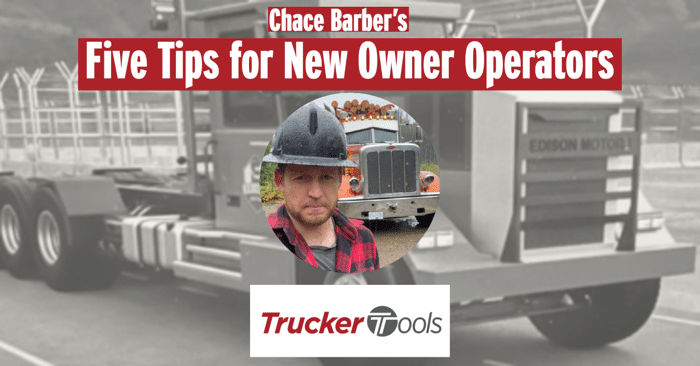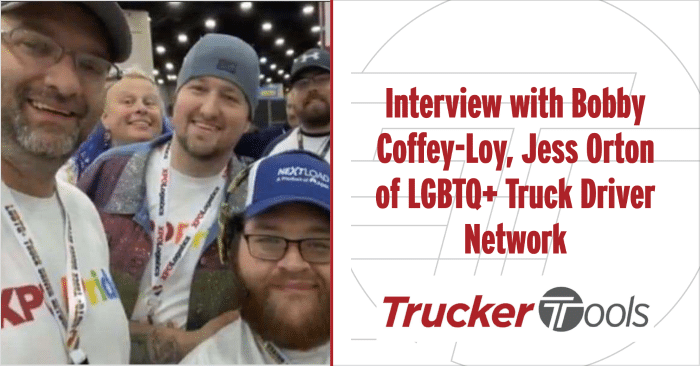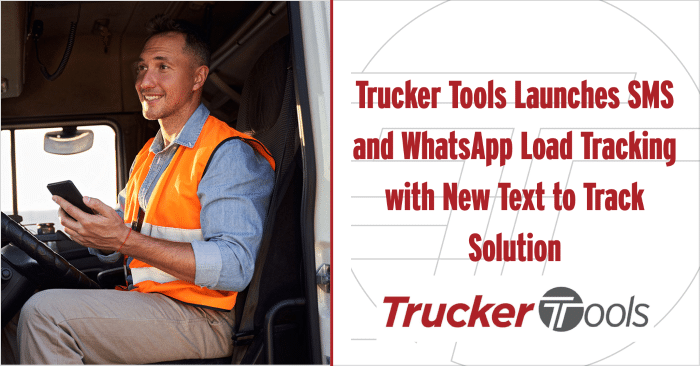We recently had the opportunity to speak with Chace Barber, co-founder and CEO of Edison Motors, a British Columbia-based trucking business and technology company. Chace is an entrepreneur who worked as an owner operator for several years before he met the co-founder of Edison Motors, Eric Little, when the two were at university together. In their final year at school, Chace and Eric pooled their resources to start their own trucking company, specializing in logging and oil and gas. Together they quickly grew their trucking business and also began retrofitting diesel hybrid engines for heavy haul trucks with energy efficiency in mind.
When we spoke with Chace, he shared some of the knowledge he gained as an owner operator, including his tips for new owner operators which we share with you here.
1. Don’t Try To Compete with Mega Carriers on Dry Van
“I tell people don’t start up being an owner operator doing dry van because the advantage for dry van freight goes to the big mega carriers, the large companies,” Chace said. “The advantage that the big carriers have is that they’re always going to have tons of trucks available and a shipper can pick up the phone and get a truck really quickly from mega carriers. That’s the comparative advantage of a large fleet. That’s why they get these big warehouse contracts.”
2. Service: Your Comparative Advantage as an Owner Op
“As an owner operator, you need to look at yourself, your own business, your own truck as an owner operator and figure out what your comparative advantage is for your customer,” Chace shared. “Your comparative advantage when you’re an owner operator is in the service you can provide. One of my most successful jobs in oil and gas made us good money and really helped up grow the company. My comparative advantage was knowing I’m pretty good with excavators. I went to my customer and I said, ‘Hey, I’ve got a truck, I’ve got a low bed. I can haul your excavator around, but I’ve also got my license to operate this machine. If you’ve got two or three hour jobs where you’re just placing some access matting or something simple with the excavator, let me haul your excavator. I’ll do the work. I’ll charge you a standby rate for the truck. I’ll load your excavator up and I’ll bring it home for the day. Then you don’t need to pay an operator.’ That was my comparative advantage because the guy from the company knew me. He knew my skills with an excavator. He said, ‘Yes, absolutely. That makes sense for me.’”
3. Adapt New Skills To Help Your Customers
“Another one of my customers was hauling around crane counterweights,” said Chace. “I had a flat deck and I would show up and we would load the counterweights on my trailer. I would also helped him out with his rigging. I put all my effort into getting out of that truck, learning how they do their rigging and setting their crane up. I was the first one on the ground, pulling their crane mats, grabbing their rigging out of the box and slinging up their counterweights. Then when they were booming, I’d help them rig up their crane and do their picking. That’s the kind of customer you want to focus on when you’re a small owner operator because those loads will never be brokered. Find those niche markets where you can learn a lot of extra skills beyond the truck to really help these customers out. They’re going to pick up the phone and call you every time. They’re not calling a big company where they don’t know what driver they’re getting for the day. When they pick up the phone and call you as an owner operator, they know you’re personally showing up and they know you know how to help them out and do their job.”
4. Get Comfortable Selling
“You need to do sales,” Chase said. “You need to knock on doors. You need to make those phone calls, introduce yourself, show up with a couple business cars or a little brochure of your truck and show them what equipment you have. Wait until they call you directly and then do a good job for them. Do the sales, knock on the doors, introduce yourself and get that specialized service out. Then when you start to grow that company, grow that fleet.”
5. Build a Reputation for Specialized Work To Win Dedicated Customers
“When you’re growing, you train that other driver to do that specialized thing that you do,” Chace explained. “Then your customers know they have one or two drivers, maybe three that can do what you do. As you start growing, you can start going after some of that more general freight, but start specialized, learn a niche, learn it really well and get a dedicated customer.”
To learn more about Chace and Edison Motors, visit https://www.edisonmotors.ca/.
For the rest of our conversation with Chace, be sure to check out “Meet Trucking and Diesel Engine Entrepreneur Chace Barber of Edison Motors.”






